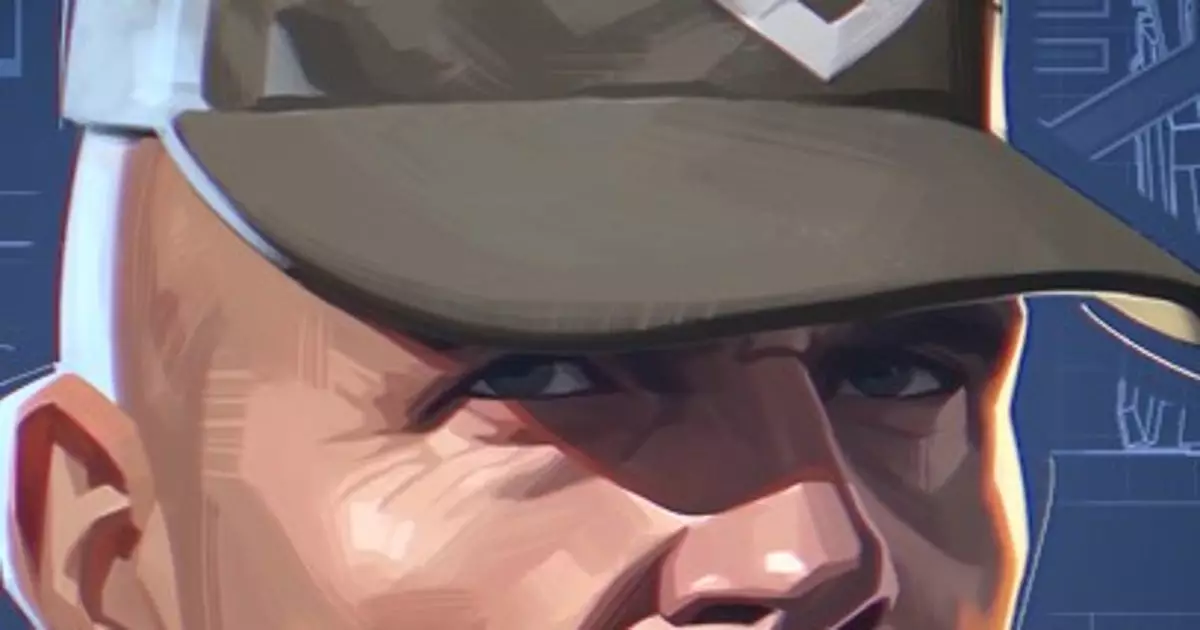As a child of the early gaming era, my conception of gameplay was steeped in the simplicity of standalone experiences. The idea of “game seasons,” where content is delivered in episodic bursts throughout a predetermined timeline, feels alien—even slightly overwhelming. Back then, immersive games ran on a different frequency. I recall wrestling with the intricacies of emotional narratives, fine-tuning strategies through manual save slots, and obsessively revisiting titles like *The Suffering 2* for minor variations in plot based on my choices. Fast forward to today, and the gaming landscape is all but unrecognizable, filled with rapid-fire updates and live-service models that keep players tethered to ongoing experiences rather than standalone stories.
For today’s youth, engaged in games like *Fortnite*, the term “memory card” would likely evoke confusion rather than nostalgia—much like speaking an ancient tongue. This generational gap underscores a broader shift in gaming paradigms, where rapid delivery of content takes precedence over deep, lingering experiences. The immediacy of fresh content is exhilarating and, at times, overwhelming; it casts a long shadow over the quiet pleasure of a simple narrative-driven adventure.
That being said, the constant barrage of new content has its merits. It invigorates players, continuously drawing them back to familiar titles with innovative features and upgrades. Consider the recent Season 2 update for *Mechabellum*. Released alongside Patch 1.2, this update includes the introduction of the Raiden, a formidable flying unit adept at delivering destructive electrical strikes to medium chassis, alongside notable reworks to beloved classic units. These fresh elements introduce layers of strategy that can immediately alter the dynamics of gameplay.
For seasoned players, the excitement isn’t merely in the new units or skins—while colorful cosmetics may momentarily please, the heart of *Mechabellum* lies in its intricate mechanics. Tactical gameplay invites during matches compel players to think several steps ahead while simultaneously adapting to their opponents’ strategies. The release of the new “Intensive Training Expert” specialist demonstrates this beautifully, offering players enhanced supplies and the chance to level up their units efficiently in early rounds.
Indeed, just as in chess, analysis and foresight provide the differentiating factor in matches. Crafting a robust strategy involves understanding and predicting the intricacies of both one’s own forces and those of the adversary. The thrill comes not merely from securing victory but in witnessing the satisfaction of a well-placed countermeasure or a masterfully orchestrated plan unfolding seamlessly.
*Mechabellum* is designed around the concept of tactile destruction, and this sensation rings true throughout gameplay. The sheer enjoyment derived from watching strategies culminate in victory points to why players remain enchanted by this title. Each engagement feels significant; every unit’s deployment reverberates throughout the battlefield, contributing to a larger tapestry of tactics and outcomes. That sensation—the blend of painstaking strategy and chaotic action—is what makes *Mechabellum* memorable.
At its core, this game embodies a unique duality. While it presents a series of calculated movements and decisions, it thrives on unpredictability. Just as the best-laid plans can falter against an opposing force, players must approach each session with an adaptability that keeps them engaged. When strategies collide and result in unexpected repercussions, it is this thrill of tactical evolution that fuels players’ commitment to the game.
As gaming continues to evolve, so too must our engagement with it. The juxtaposition of older favorites and emerging live-service titles like *Mechabellum* creates an intersection where tactical strategy meets a modern preference for frequent novelty. Adapting to this dynamic environment requires embracing change while cherishing the depth that many seasoned gamers favor.
Game seasons, new units, and patches may initially seem like fleeting moments amidst an ever-chaotic landscape, but they foster an environment conducive to both excitement and calculated strategy. Perhaps bridging the gap between nostalgia and innovation lies in harnessing these concepts to create not merely games, but immersive experiences that captivate across generations. After all, whether it be classic or contemporary, fun remains the ultimate objective—and gaming, in all its forms, continues to offer an escape into realms limited only by imagination.


Leave a Reply